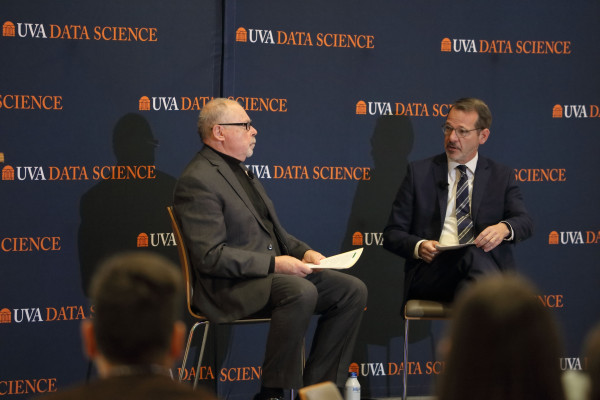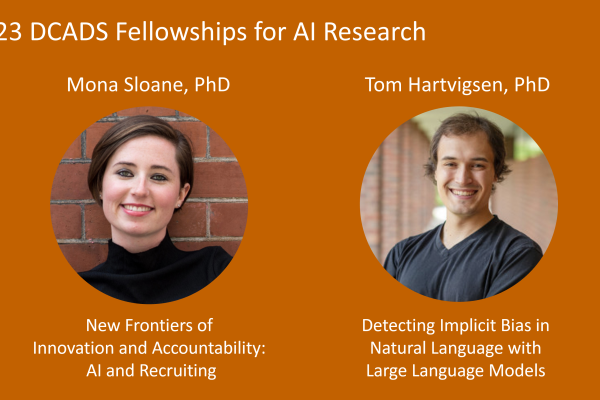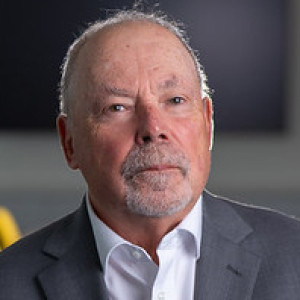New UVA Project Aims to Examine, Enhance Interdisciplinary Research
Interdisciplinary research is a foundational principle of the University of Virginia’s School of Data Science and a key priority for many schools and departments across the University.
Now, a new project aims to develop a framework for better understanding and supporting interdisciplinary scholarship and collaboratories at UVA, one underpinned by open science and citizen involvement.
Using interdisciplinary work at the School of Data Science as a test bed, the Evaluating Collaboratory Cultures project will take an in-depth look at how collaboratories, where researchers work across disciplinary boundaries, can best be structured and assessed to support the research community at UVA.
The School of Data Science currently uses the collaboratory model in some of its work with other schools, including partnerships with UVA’s Darden School of Business and School of Education and Human Development.
“The question is, is that a good model?” asked Phil Bourne, founding dean of the School of Data Science, laying out the questions the new project would seek to answer. “And if yes, how can we improve it? If not, what else could we possibly be doing?”
The architect of the project is Mercury Fox, founding director of the Center of Excellence in Data for Society at the University of Arizona, who is investigating this question for UVA as an independent researcher. She sees the UVA collaboratory archetype that will emerge as one that is responsive and community defined, with an infrastructure that is based on the needs of the project.
The idea began to take shape during the early days of the pandemic, according to Fox. She noticed fatigue among many scholars she worked with, as collaboration and research increasingly moved online. She began to reflect more and more on a critical question: “How do I keep these people engaged without burning them out?”
Additionally, she wanted to establish a collaborative model that prioritized innovation, seeking to develop best practices that reinforced researchers’ curiosity and drive to seek new knowledge.
She worked with Bourne to develop a concept, which focused on how to improve the environment for collaborative research with an eye toward future trends and maximizing innovation — and grounded in the idea of open science.
The three-year project, which is backed by The Jefferson Trust in the largest grant of support in its history, will set out to create standards and practices to help guide collaborative research at UVA; develop metrics designed to measure the value of research without regard to publication; and offer specialized support to research teams without creating administrative burdens.
A major component of the work will be volunteer participation from researchers throughout the UVA community. Participants, known as Collaboliers, will engage in half-day workshops where they can share their own experiences and offer insights on the state of collaborative research at the University.
“We plan for a significant and sustained engagement with everyone on campus that chooses to participate in our project through workshops,” said Fox. “We consider them to be our research partners — our Collaboliers — and we hope to learn about their priorities, their interests and ideas, and the challenges they face in the extremely competitive research sector.”
As with another recently launched effort that Bourne is closely involved with — the Futures Initiative, which is working to ensure that UVA is proactive in responding to external events and technological changes — the Evaluating Collaboratory Cultures project is focused on how to position the University for success over the next decade and beyond.
“We feel the findings will undoubtedly make for a stronger university at a time when the notion of interdisciplinary collaboration is really at the forefront of the future of what we do as scholars and, indeed, what we impart on society,” Bourne said.


